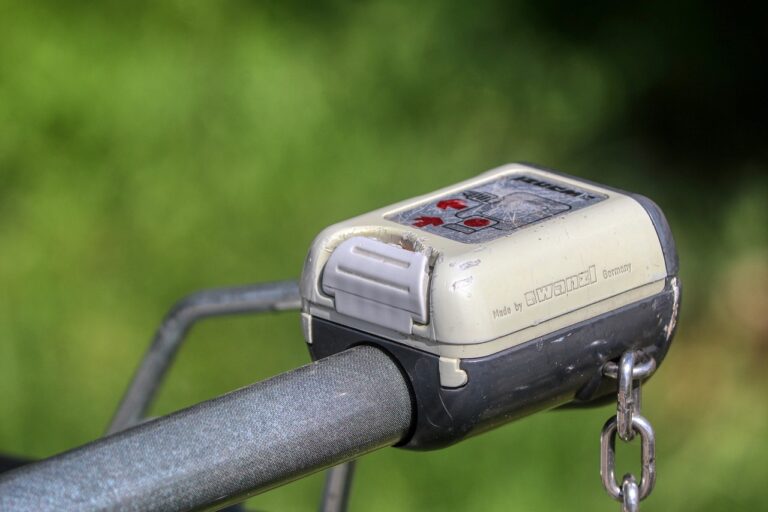Evaluating Garden Hoses for Kink Resistance and Durability: 99 exch, Laser 247 com, Yolo 247 login
99 exch, laser 247 com, yolo 247 login: When it comes to choosing a garden hose, two key factors to consider are kink resistance and durability. A kink-resistant hose will make your gardening tasks much easier, as you won’t have to constantly stop to untangle knots. Additionally, a durable hose will last longer, saving you money in the long run. In this article, we will discuss how to evaluate garden hoses for kink resistance and durability.
Material
One of the most important factors to consider when evaluating garden hoses is the material they are made from. Hoses made from rubber or a blend of rubber and vinyl tend to be more flexible and kink-resistant than hoses made solely from vinyl. Rubber hoses are also more durable and less likely to crack or split over time.
Thickness
The thickness of a garden hose can also impact its kink resistance and durability. Hoses with a greater thickness, measured in terms of diameter, are less likely to kink and are also more durable. Look for hoses with a diameter of at least 5/8 inches for optimal performance.
Reinforcement
Reinforcement is another important factor to consider when evaluating garden hoses. Hoses with reinforcement layers, such as mesh or spiral wire, are less likely to kink and are generally more durable. Look for hoses with multiple reinforcement layers for the best performance.
Flexibility
The flexibility of a garden hose is also crucial when evaluating its kink resistance. A hose that is too stiff will be more prone to kinking, while a hose that is too flimsy may not provide enough water pressure. Look for a hose that is flexible enough to maneuver around obstacles but stiff enough to hold its shape.
Durability
Durability is key when evaluating garden hoses, as you want a hose that will last for years to come. Look for hoses with solid brass fittings, as plastic fittings are more prone to cracking and leaking. Additionally, hoses with a UV-resistant outer layer will be more resistant to the damaging effects of the sun.
Warranty
Finally, consider the warranty offered by the manufacturer when evaluating garden hoses. A longer warranty typically indicates that the manufacturer stands behind their product and believes in its quality. Look for hoses with a warranty of at least five years for added peace of mind.
In conclusion, when evaluating garden hoses for kink resistance and durability, consider factors such as material, thickness, reinforcement, flexibility, durability, and warranty. By taking these factors into account, you can choose a high-quality hose that will make your gardening tasks easier and last for years to come.
FAQs
Q: How can I prevent my garden hose from kinking?
A: To prevent kinking, make sure to unroll the hose completely before each use and avoid sharp bends or twists.
Q: How often should I replace my garden hose?
A: It is recommended to replace your garden hose every 5-10 years, depending on use and maintenance.
Q: Can I repair a kinked garden hose?
A: In some cases, a kinked hose can be repaired by cutting out the kinked section and attaching a hose repair kit.







